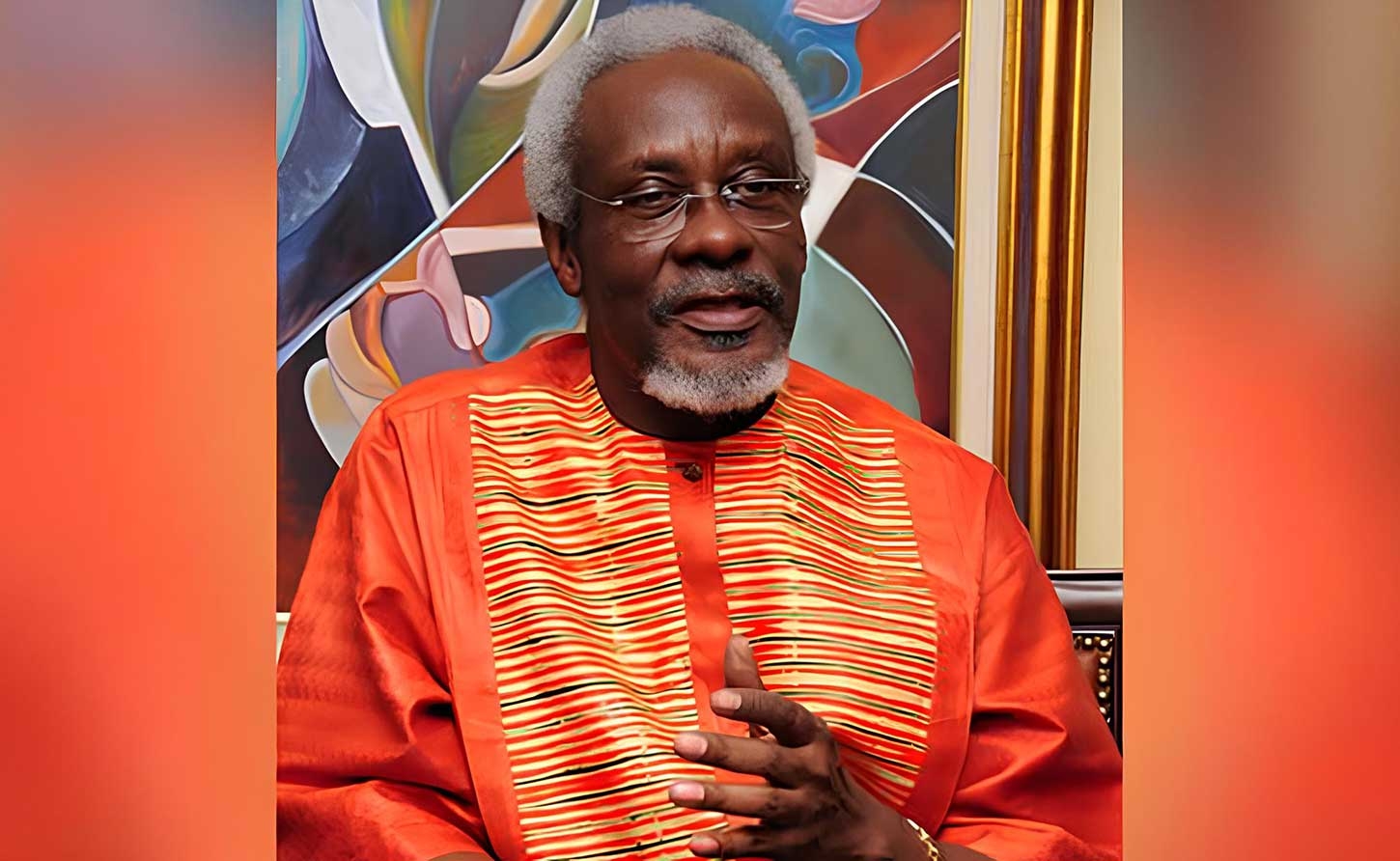JAMAICA | PJ Patterson Calls for United 'Global Africa' to Reshape World Order

Accra, Ghana —P.J. Patterson, the elder statesman and former Prime Minister of Jamaica, has issued a powerful rallying cry to the worldwide African diaspora — calling on "Global Africa" to unite and mobilize for meaningful change.
In a powerful address titled "Africa in Transition: Locating the Place and Space of Global Africa and the World," Patterson, speaking as the Statesman in Residence at the eponymous P.J. Patterson Institute for African Caribbean Advocacy, outlined a vision of "Global Africa" that transcends continental boundaries to include African descendants across the globe.
He was addressing “The Africa in Transition Conference” held in Accra, Ghana earlier this month, which invited renowned thought leaders, academics, and change-makers from around the world to dissect the complexities, opportunities, and challenges that are shaping Global Africa experience today.
In a well received presentation, Patterson explained that "Global Africa extends beyond the continent to include people of African descent wherever they may reside on Mother Earth."
He emphasized that this global identity is rooted in the rich, multidimensional cultural practices not only across Africa but also in communities throughout Central and Latin America, the Caribbean, and any space where African identity is central to its worldview.
He highlighted vibrant cultural expressions such as "the Santería communities of Cuba, the Danza del Diablo in Mexico, the Candomblé gatherings of Brazil, and the Garífuna songs in Honduras" as embodiments of Global Africa in action.
These traditions, Patterson noted, showcase the diversity and cultural identity of African descendants while connecting them to a global network of cultural production.
A Shared History of Exploitation
Patterson pointed to the historical forces that dispersed Africans worldwide and didn't mince words about the atrocities of slavery and colonialism.
He reminded his academic audience of "the shared history of pilferage and exploitation," underscoring that the brutal transatlantic slave trade was central to "a system of European banditry and the economic prosperity of North America."
This genocidal enterprise depleted Africa of 12 to 15 million young men and women and was followed by the "scramble for Africa and its partitioning further plundering and devouring its resources, both human and natural, solely for the aggrandizement of European imperial powers."
The legacy left to descendants was one of enduring racism and poverty. "We must insist on a full apology, due reparations and all the prescribed elements of reparatory justice," Patterson asserted.
Challenging the Global Order
Patterson, a much sought after African-Caribbean thinker, again criticized the existing global order as being "hostile to our full sovereignty," despite the advent of political independence in many African and Caribbean nations.
"The present configuration of global power is iniquitous and inequitable," he stated.
For Patterson, solidarity among African and Caribbean nations isn't optional—it's imperative. "In the world of today, solidarity is not just an option. It is an absolute imperative that we speak and act in unison to create a brand-new global architecture that also protects our collective interests and promotes the political, economic, social, and cultural well-being of all our people," he urged.
With African and Caribbean nations comprising over a third of the United Nations membership, Patterson sees an "invincible force" capable of securing a permanent place on the Security Council and reconfiguring international financial institutions.
Building Blocks of Freedom
Outlining essential steps toward asserting full freedom, Patterson emphasized collaborative efforts in finance and economy, food security, educational transformation, technology, health, and climate change.
He pointed to institutions like the African Export-Import Bank as critical in building financial stability and economic prosperity.
Emphasizing the need for economic integration, he called for increasing the range of finished products rather than exporting raw materials.
"Financial independence can specifically be achieved through a concentration on economic integration and development," he declared.
-30-
